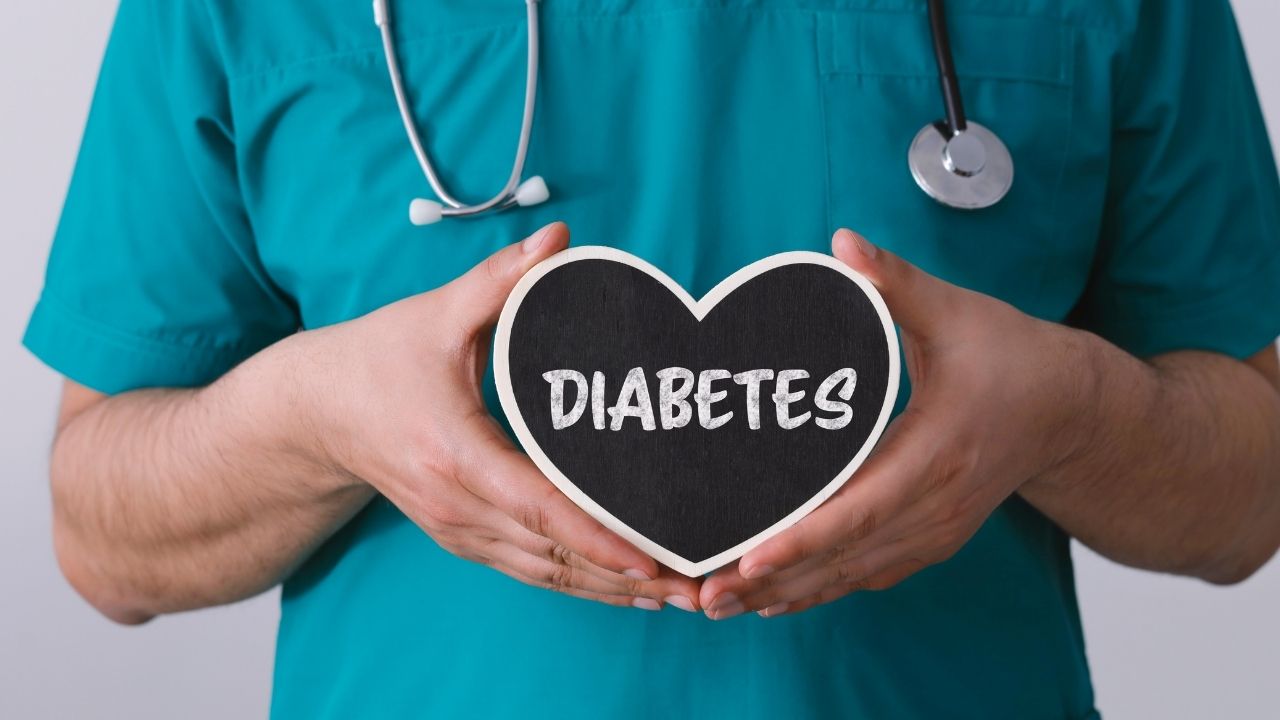Diabetes, particularly type 2 diabetes, can develop gradually and with subtle signs, often going unnoticed until it becomes serious.
Here are ten warning signs to watch out for:
- Increased Thirst and Urination: High blood sugar levels cause the kidneys to work harder to filter and absorb excess glucose. When they can’t keep up, the excess glucose is excreted into the urine, dragging along fluids from your tissues, leading to dehydration and making you drink and urinate more frequently.
- Unexpected Weight Loss: Despite eating more than usual to relieve hunger, you may lose weight. Without the ability to use glucose, the body uses alternative fuels stored in muscle and fat. Calories are lost as excess glucose is released in the urine.
- Hunger: When insulin is ineffective or absent, the cells cannot absorb glucose from the blood, leading to persistent hunger.
- Fatigue: Insufficient sugar moving from your blood into your cells leads to constant fatigue and irritability.
- Blurred Vision: High blood sugar levels pull fluid from the lenses of your eyes, affecting the ability to focus and causing blurred vision.
- Slow Healing Sores or Frequent Infections: High blood sugar levels impair your body’s natural healing process and reduce your ability to fight infections.
- Tingling or Numbness: Excess sugar in the blood can lead to neuropathy, causing tingling, numbness, or pain in the extremities.
- Darkened Skin in the Armpits or Neck: Called acanthosis nigricans, this condition can be a sign of insulin resistance.
- Dry Skin and Itchiness: Poor circulation and damage to the nerves can lead to dry skin, particularly noticeable on the feet.
- Mood Changes: Diabetes can affect your mood, leading to rapid mood swings, depression, or anxiety due to the physiological stress of managing the symptoms.
Important Notes:
- These signs can be subtle and develop slowly. Don’t ignore them!
- If you experience several of these symptoms, it’s crucial to consult a doctor for blood sugar testing and diagnosis.
- Early detection and treatment are vital for managing diabetes and preventing complications.
If you notice any of these symptoms persistently, it’s important to see a healthcare professional for evaluation and testing. Early diagnosis and treatment can help manage the symptoms, improve quality of life, and reduce the risk of complications.

